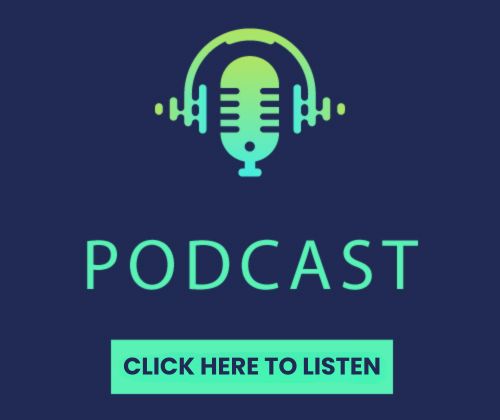Medical Device Industry Urges Govt to Ensure Healthcare Security with Balanced Tariffs
The Association of Indian Medical Device Industry (AiMeD) today emphasized the need for the Indian government to revisit tariff structures considering the ongoing efforts to enhance healthcare security in India and address potential challenges arising from global health crises.
In a statement, AiMeD expressed concern over the recent discussions surrounding the reduction of import duties on medical devices in India, especially when it is already one of the few countries with relatively low tariffs on medical imports leading to over 70% import dependence. “Currently, India imposes basic customs duties (BCDs) ranging from 0% to mostly 7.5% on medical devices imported from countries like the United States. Medical Devices like Mass Spectrometers, Gas Analysis Apparatus and many other analytical and diagnostic equipment are at zero percent duty and USA has the largest market share already from overseas suppliers and in many medical devices, more than domestic manufacturers,” stated Rajiv Nath, Forum Coordinator, AiMeD.
The association called for a more balanced approach, urging the government to consider not just the tariff rates but also non-tariff barriers (NTBs) and regulatory approvals which can significantly impact the accessibility of medical devices in the country. AiMeD proposed that in the spirit of reciprocity, India should seek a fair-trade arrangement that includes uniformity in tariff and non-tariff measures like regulatory costs between the U.S. and India.
“The real barriers to market entry for Indian medical device manufacturers lie not in tariffs, but in non-tariff barriers such as exorbitant U.S. FDA registration fees and the requirement for costly clinical trials. These costs are a significant deterrent for Indian manufacturers seeking to enter the U.S. market, where approval can take years and cost millions. To level the playing field, India must push for a fair exchange of regulatory standards and seek reciprocal market access non-tariff measures,” said Dr. Rajiv Chibber, Jt. Coordinator, AiMeD.
The association highlighted that the medical device industry in India, particularly manufacturers, have been affected by unreasonable markups in pricing by importing distributors to induce retailers and hospitals, even as tariffs remain low. To address this, AiMeD continues to urge the government to monitor & enforce tighter regulations on maximum retail prices (MRPs) and trade margins, particularly for essential medical consumables and implants like stents, where a cap on MRP has already shown positive results for consumers as well as for domestic Industry.
In line with the ongoing discussions about tariff reciprocity, AiMeD also pointed to global precedents, such as the 50% tariff on syringes and needles from China by the U.S., and 25% tariffs on personal protective equipment (PPE) such as gloves, respirators and face masks. Considering these, AiMeD suggested India implement similar duties to protect the medical device supply chain and prepare for future health emergencies like COVID-19.
“Healthcare security must be a priority for any nation, and as Prime Minister has earlier stated, India needs to ensure that it has a diversified and resilient medical device manufacturing sector and be Atmanirbhar. By maintaining a balanced approach to tariff policies and regulatory frameworks, India can strengthen its position as a key player in the global medical device market that seeks a diversified supply chain that is not overly dependent on any one nation, while securing its own healthcare needs,” concluded Nath.






